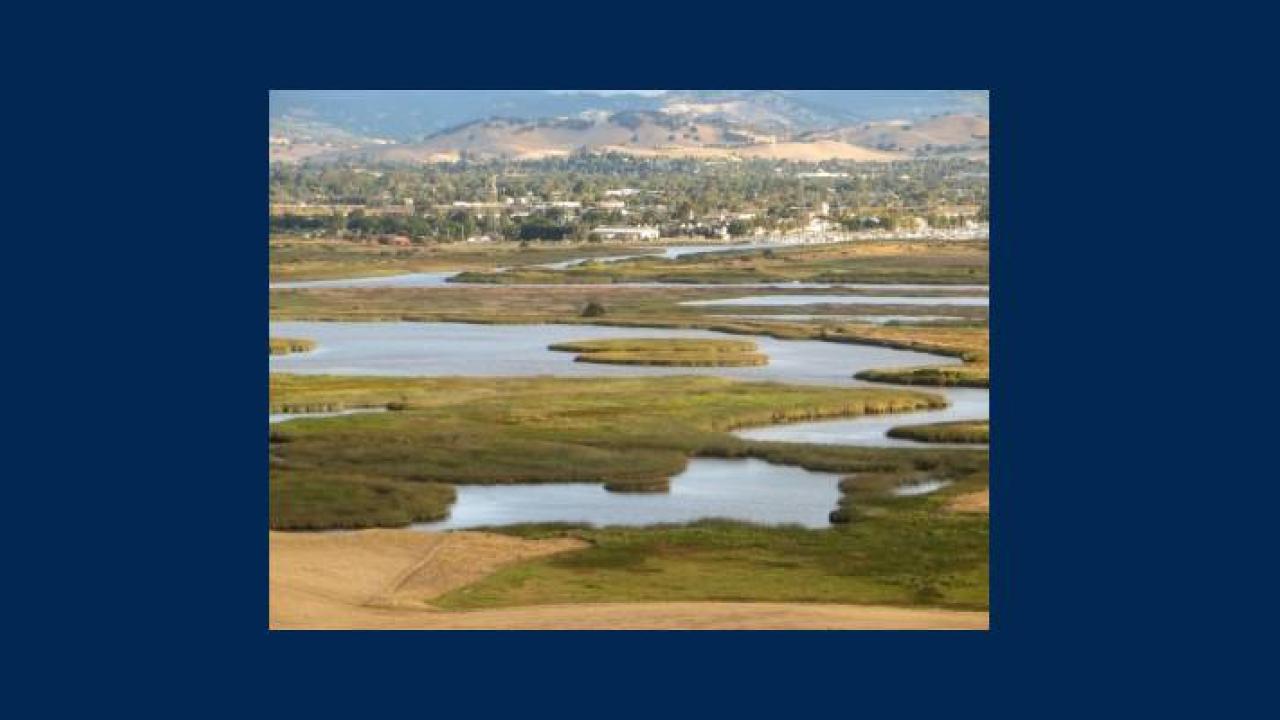
Assistant Specialist - Job Opportunity (Closed)
The Center for Watershed Sciences is hiring an Assistant Specialist to assist with salmon otolith and eye lens isotope projects in California to quantify critical rearing habitats for salmon viability. The position is full time for one year starting approximately 8/1/2019 with the possibility for extension. Application closes Sunday, Jun 30, 2019 at 11:59pm. Please see the posting here for further details. Additional questions about this position should be directed to Carson Jeffres (cajeffres@ucdavis.edu).
The research objective of this position is to use eye lens and otolith isotopes to quantify critical rearing habitats for salmon viability. Specialized field, laboratory and data analysis techniques will be utilized to ensure that data is properly collected and analyzed. The researcher will be expected, within their area of specialization, to work independently with limited direct supervision and to make substantial contributions toward publishable research.
BASIC QUALIFICATIONS:
- Master's degree in ecology, fisheries, hydrology, biology or related fields, or technical expertise equivalent to a Master's degree in the area of specialization or five years of training in the area of specialization.
- Experience working in a laboratory and/or field setting.
- Field experience collecting zooplankton, macroinvertebrate and water quality samples as well as eye lens and otolith removal from salmon.
- Experience collecting field samples wading and from boats in calm and swift-water conditions.
- Experience in developing isoscapes.
- Experience in laboratory analysis of fish gut contents.
- Knowledge of zooplankton and macroinvertebrate identification.
- Experience in removal of otoliths from fish for growth analysis.
- Experience using Office Software suit or comparable computer software.
- Knowledge of preparing of otolith, eye lens, fish tissue, macroinvertebrate, zooplankton and water samples for isotopic analysis.
- Knowledge of using stable isotopes as ecological tracers.
- Knowledge of statistical analysis using R statistical programming language.
- Knowledge of lab safety, lab safety training and OSHA laboratory requirements.
- Organizational and time management skills for serving as research coordinator.
- Writing skill to contribute methods sections to peer reviewed publications and to review publications and proposals within area of specialized expertise.
- Knowledge to contribute to creative activities including outreach, project design, grant writing, proposal review and data analysis in the areas of fish diets and growth.
